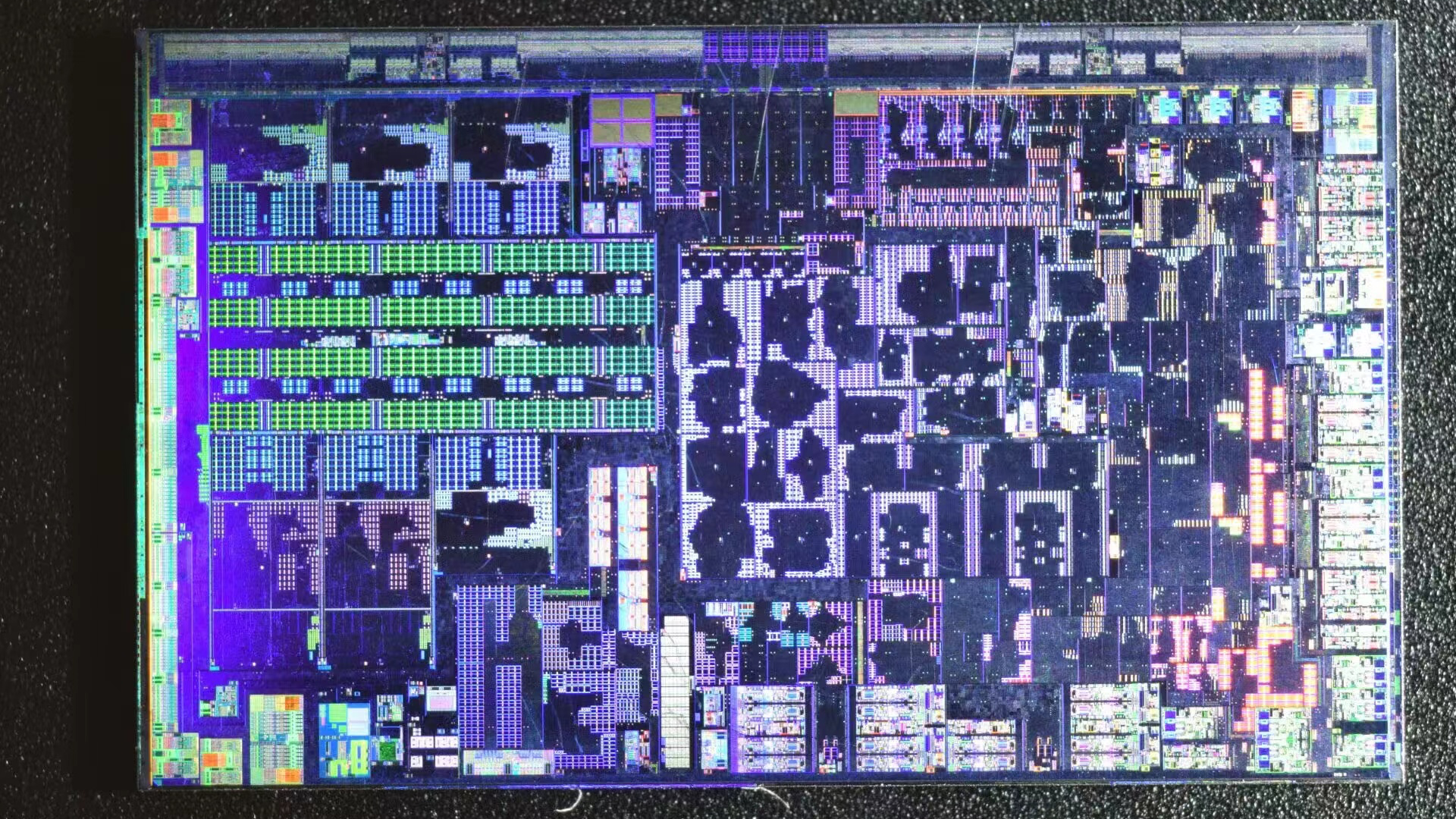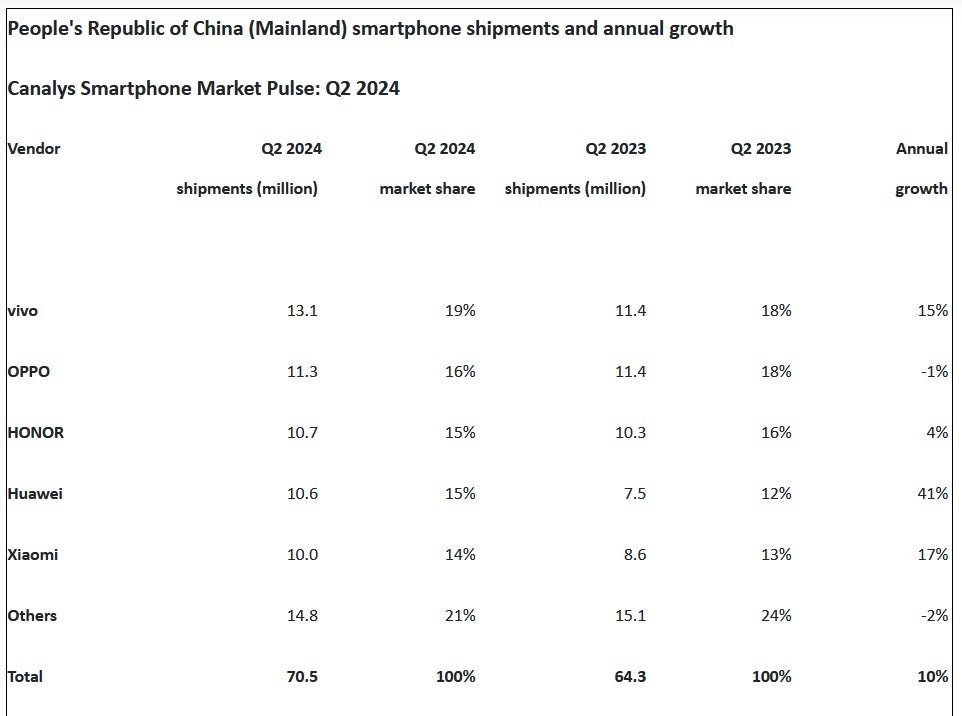
An alleged die shot of AMD’s upcoming hybrid accelerated processing unit with Zen 4 and Zen 4c general-purpose cores was published by hardware leaker HXL. The APU is expected to be the younger brother of AMD’s Phoenix and will sit below these parts in the Ryzen lineup.
The supposed Phoenix 2 processor die shot clearly shows a large L3 cache (in the middle of the left side, green structures), two high-performance Zen 4 cores (below the L3 cache), four smaller Zen 4c cores (three above L3, one to the right of Zen 2 cores), and a large built-in GPU (on the right side). In addition, there are several DDR5/LPDDR5 PHY interfaces on top of the die, as well as PCIe, USB, and other physical interfaces on the APU’s bottom and left and right sides of the APU.
While AMD’s Ryzen 7040-series (Phoenix) APU carries eight high-performance Zen 4 cores, Phoenix 2 only features six cores, two high-performance Zen 4 cores, and four energy-efficient Zen 4c cores that are considerably smaller than their counterparts, which points to the fact that AMD positions Phoenix 2 as a lower-cost APU for cheaper laptops. What remains to be seen is what else AMD cut down from this chip to make it smaller and more affordable, but it looks like we will learn this when AMD officially launches these parts.
AMD’s first hybrid CPU design will bolster its competitiveness against Intel’s Alder Lake and Raptor Lake offerings in the laptop processor segment. By incorporating a mix of high-performance and high-efficiency cores, AMD can achieve performance metrics at power levels previously unattainable. Meanwhile, given the specifics of Zen 4c and Phoenix 2 design, it will be considerably cheaper than the original Phoenix, opening some new doors for Zen 4.
AMD’s codenamed Phoenix 2 processors were expected to hit the market this year, but it is September, and we do not see this APU anywhere, so perhaps AMD decided to make it a part of its Ryzen 8000-series lineup set to arrive in 2024. Meanwhile, if AMD’s Phoenix 2 comes to market in 2024, it will have to rival Intel’s entry-level Meteor Lake, which is projected to be considerably more competitive than the current offerings.







